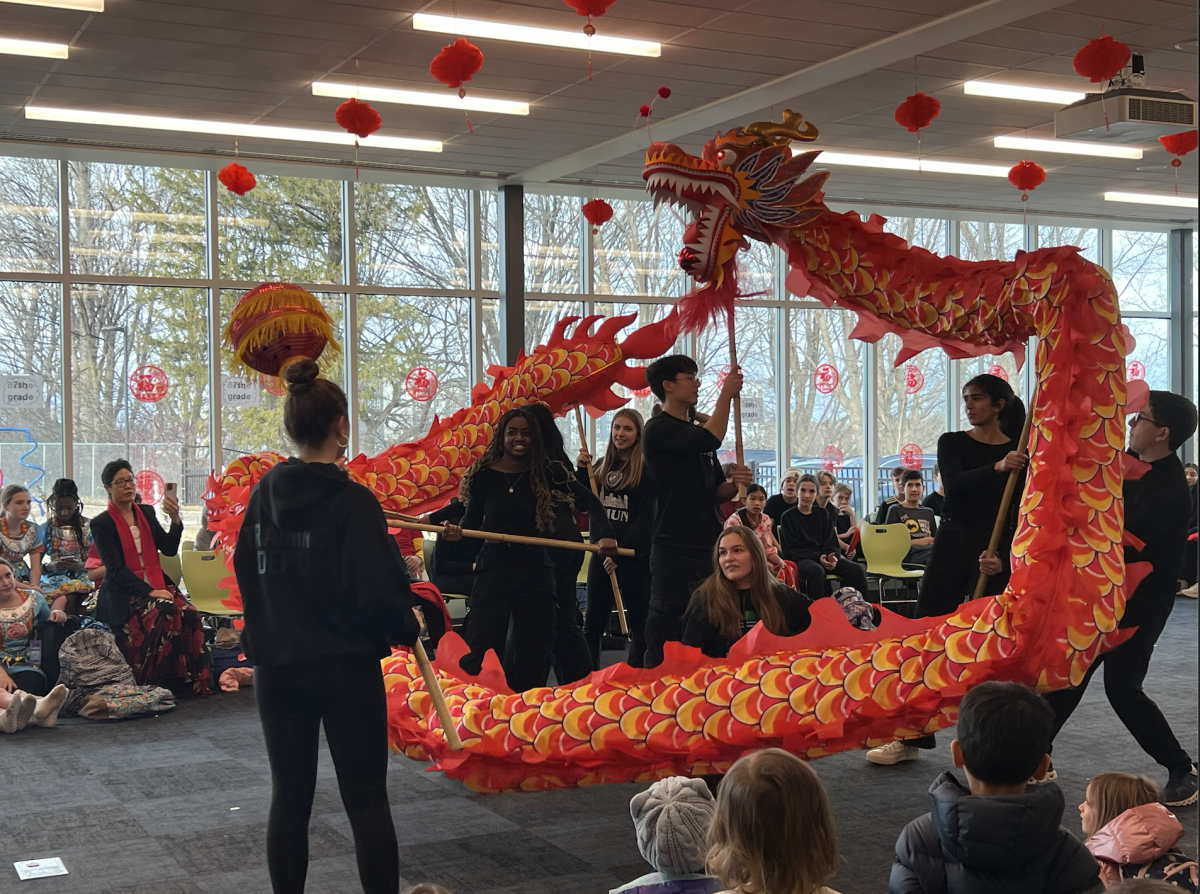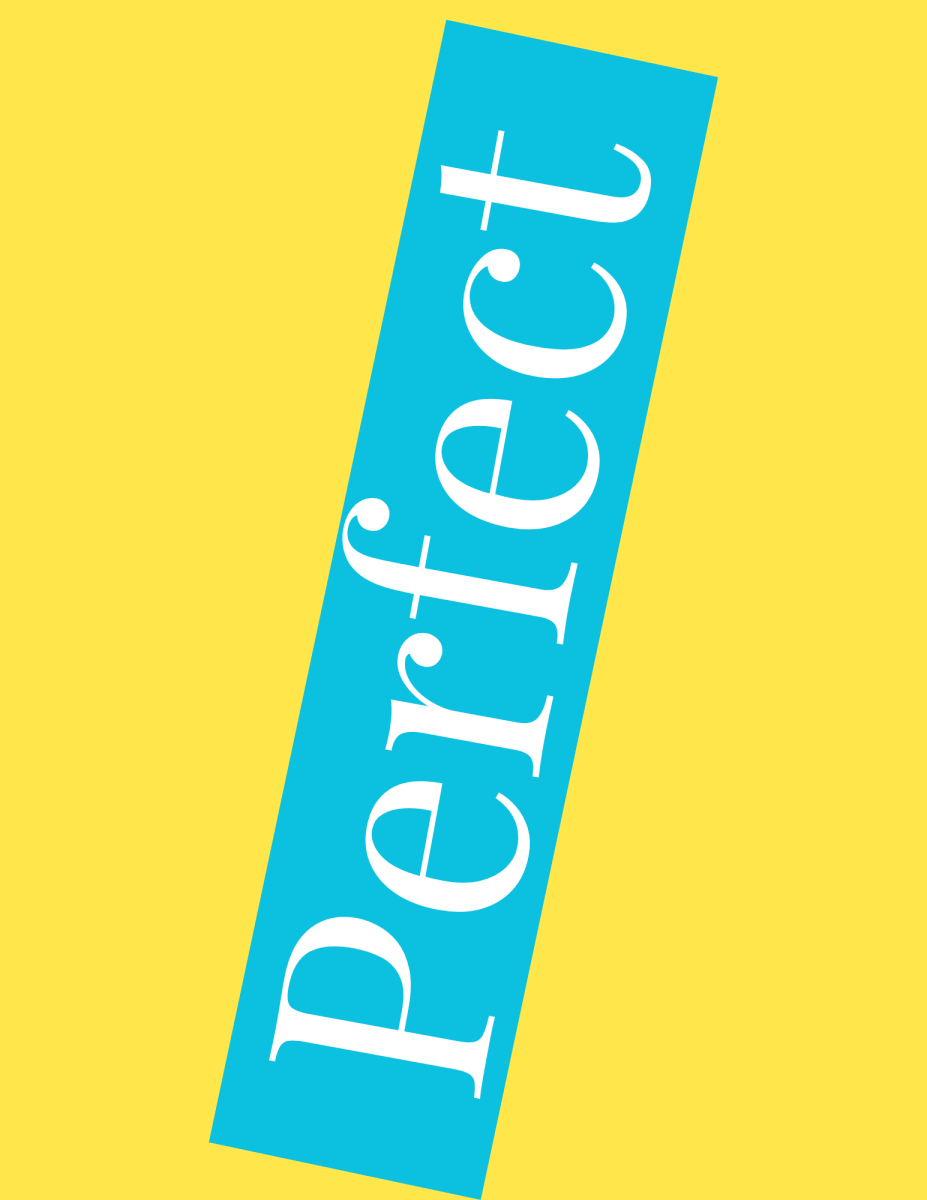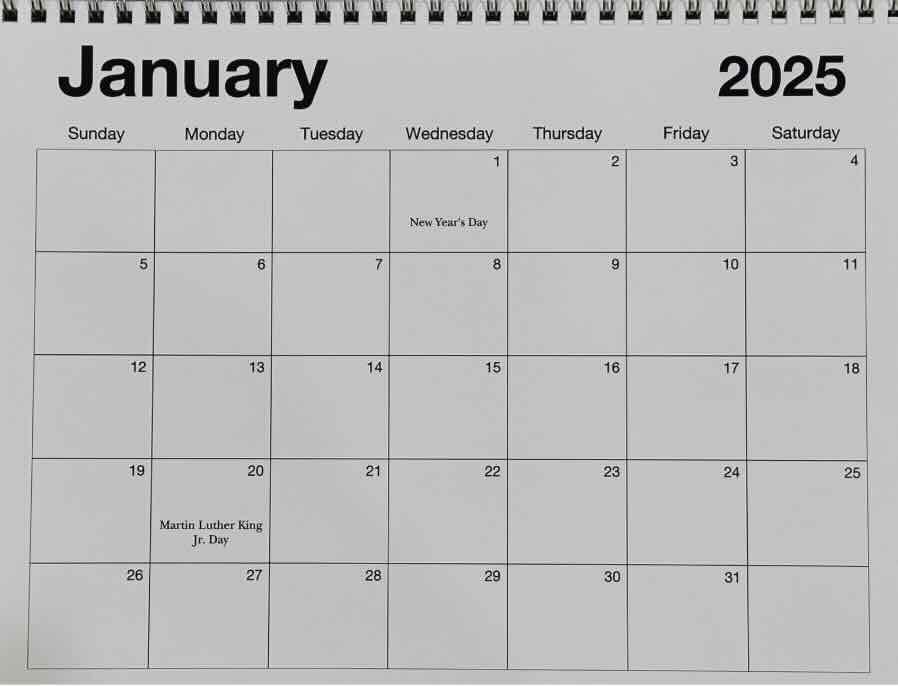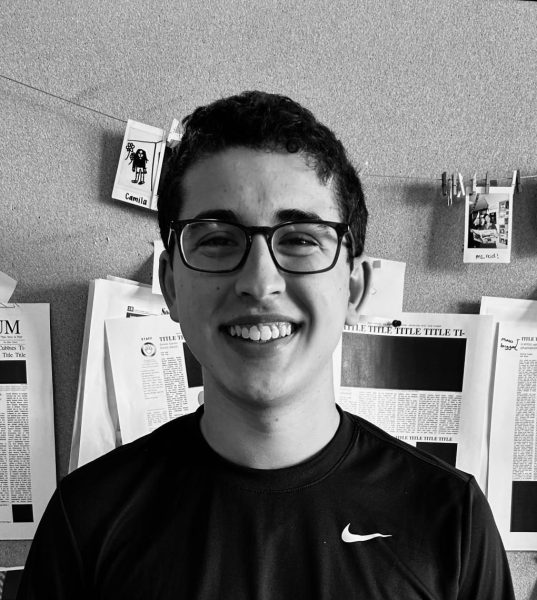On February 13th, 2024, students and faculty successfully constructed the second annual Chinese New Year celebration. Through colorful performances, witty moderators, delicious food, and interactive booths, attendees engaged in an event emulating new and old traditions celebrated during Chinese New Year. While Chinese language students were heavily scattered throughout the crowd of attendees, the second year roused new troves of people into attendance; many eager adults and Early Learning Center students gathered in the Hopkins campus Cafeteria to witness the Chinese event of the year. The excitement from attendees was palpable throughout the entirety of the event as it provided multitudes of stimulating activities and performances for everyone to engage in.
A large contributor to the general enthusiasm of participants stemmed from the return of students’ favorite performances such as the Dragon Dance—as seen in an Upper School assembly on February 8th, 2024 — and the fashion show. Lina Jin, Upper School Chinese teacher, explains the return for these specific performances over others, “the dragon dance fits perfectly and means a lot… especially this year–the year of the dragon, and the fashion show is one of the programs that was well received last year and just everyone loves it.” These two particular performances are also the only ones in which Upper School students are not the main organizers of the performance; every other Chinese language Upper School performance is completely student-run.
In addition to these highly individual pursuits of performances, all Upper School Chinese language students were required to engage with the event outside of attendance. With some tasks as l
arge as coordination between performing groups and fundraising the event entirely, students were allowed to develop leadership and collaboration skills. Jin expressed the reasoning behind this change, “[more student involvement] is a good experience for students and they learn through doing it, [so] why not just let students do it.” Student fundraiser and performer Kai Capistrant ‘25 relays further insight on the importance of student participation, “As a Chinese class student who did a bit of the work for the event, I find it super engaging and allows me to practice Chinese when I’m not just in class. Each Chinese class does its own thing, and it really makes it feel like you’re making a difference for the event.”
In the previous year, performances were held in the MPAC auditorium, however, due to Middle School musical rehearsals occupying the space, student performances were brought to the Hopkins campus cafeteria instead. The adjustment didn’t go unnoticed as Capistrant notes, “Personally, last year was better but that was partially because we were in the MPAC at the time, whereas this time we were in the cafeteria. But they were both super fun.” Chinese language student and New Year’s attendee Alex Zhang ‘25 furthers Capistrant’s statement, “I think the performances went pretty well, although I felt a lot of them were short.” Both Capistrant and Zhang represent a larger whole of Chinese language students, as the adjustment provided a substantially different experience as previously. Jin looks at the adjustment in a positive light, “we don’t have the MPAC as the venue, so we shortened our program a lot… which is also good. We have a short program, but we also have lots of fun activities to enjoy.” Students and faculty were able to produce a successful expanded time that allowed attendees to roam a multitude of different booths, such as traditional tea making, Chinese nail art, food booths, and many more Chinese games. Chinese language students from every section were able to connect through these booths, as almost every booth was run by Chinese students alone. Capistrant marvels at the ability of the event to bring students together, furthering his excitement for the next one, “I would without a doubt go again next year as it’s just a really fun time to gather as a big group who share a language or commonality.” Chinese New Year provides an avenue for students of all age ranges to gather for a night of fun—and these students don’t have to necessarily be Chinese language students. In fact, Jin urges students outside of Chinese classes to attend, “everyone is welcome, it’s open to everybody… if we have the MPAC next year, [I am] definitely interested in inviting more people to celebrate with us.”








